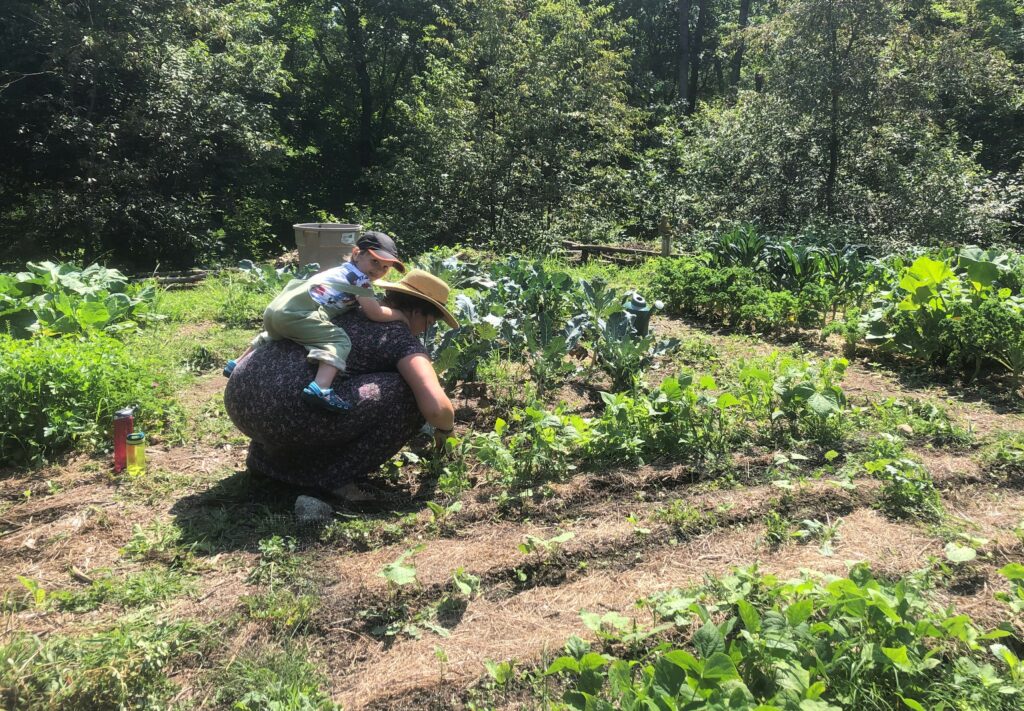The Catholic Social Justice Principles teaches us to Care for Creation. The Bible itself says “humans are commanded to care for God’s creation (Genesis 2:15). But what does it mean to care for God’s creation? We, here at Agape, attempted to answer this question in a community discussion.
Today, we often see how easy it is for individuals and governments to dismiss the “more than human world.” On the flip side, we also have a growing environmentalist movement with many driven humans fighting for the earth and creation. What drives the passion of those caring for creation and how do we instill that within others? Louisa, a summer intern at Agape, was introduced to some possible ways to address this concern through a lecture she attended at the New England Aquarium in the fall of 2019. It was there that Louisa heard how people grew in green faith through their memories with nature, identifying the need for intergenerational care, and/or an understanding that all things are inherently good. Louisa shared how she carries these lessons in her work educating children towards these formative experiences where they can then grow with this developed empathy for the “more than human” life and creation’s inherent goodness.
As our conversation continued, it seemed that empathy was integral to people’s awareness in intergenerational solidarity and the glory of creation. Looking at the impact of the climate crisis, society can see how the poor and marginalized folks have suffered the greatest. As Christians, we are called to address the needs of the poor as well as become stewards of other creatures. As Pope Benedict XVI wrote in Charity in Truth, humans “duties towards the environment are linked to our duties towards the human person, considered in himself and in relation to others. It would be wrong to uphold one set of duties while trampling on the other.” The poor of the Earth and the “more than human” world suffer the greatest at the hands of our greedy, unsustainable lifestyles. To deny or ignore the truth would be failing to uphold our duties to life.
In the West, our lives are structured around consumption in a world of finite resources with little concern towards the path of destruction and death we leave in our wake. As we plan for the future with the hope of leaving something greater for those who come after, we understand that only through lifestyle change and sacrifice will easing the climate crisis be possible. For too long, humans have thought that we could make arbitrary use of the earth, bending nature to our will with no God-given purpose. St. John Paul II taught us how humans must consider “the use of the elements of nature, the renewability of resources and the consequences of haphazard industrialization” to develop moral dimensions in our relationship with creation and the Creator themselves. To succeed in this growth, we will have to make sacrifices and rejoice in those tough decisions together.
It’s difficult, though, to not fall into a deep despair when discussing environmentalism and what should be/could be done in the midst of one disaster after another. The facts are staggering and anxiety can be quite intense when thinking about it all. How can we manage to live with this anxiety in our hearts all of the time? Brayton reminds us that anxiety is normal, and in fact good, “If you’re not anxious, you’re not hearing it.” We cannot manage the overwhelming cry from Mother Earth at human destruction alone. We need God and Deep Faith to keep us anchored to the Truth. Humanity is far too discombobulated and individualized to simply seek consolation from others. Our console must come from community and love intertwined with the Holy Spirit. Only when that happens can we begin to accept our anxiety and move onto the step… After you read about or see something egregious and horrible, what do you do next?
Creation is sacred, revealing the nature of God. Therefore, creation is inviolable and any act of abuse against creation is an act of abuse against God. Those of us deeply rooted in faith and scripture must prophesy the Truth of creations holiness and God’s command to care for God’s creation. Our actions and sacrifices must tell these Truths and inspire others to take up the cross alongside us. We can take to the streets with protest, we can hold workshops and lectures that educate these concerns, and we can live our lives as stewards of Abba God’s Creation. In these sacrifices, not only may we rejoice, but we could find peace away from the climate anxiety that plagues us now.

